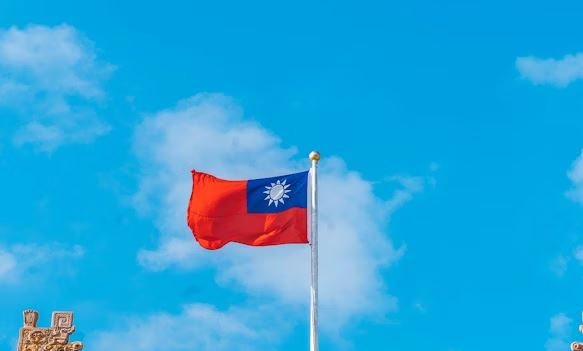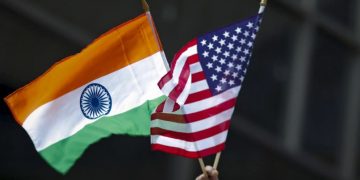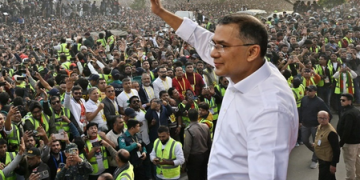New Delhi: There is no change in India’s position on Taiwan and New Delhi’s relationship with it focuses on economic, technology and cultural ties, government sources said Tuesday.
The clarification came after the Chinese foreign ministry misquoted External Affairs Minister S Jaishankar as saying during his talks with his Chinese counterpart, Wang Yi, that Taiwan is part of China.
The Jaishankar-Wang talks took place Monday evening, shortly after the Chinese foreign minister landed in Delhi on a two-day visit.
There is no change in India’s position on Taiwan, the sources cited above said.
“We stressed that like the rest of the world, India has a relationship with Taiwan that focuses on economic, technology and cultural ties. We intend to continue it,” one of the sources said.
At Monday’s meeting, Wang called upon the Indian side not to deal with Taiwan, another source said.
In his response, Jaishankar wondered how is it possible when China itself is dealing with Taiwan in the same areas as India, it added.
The sources said the Chinese foreign ministry misquoted Jaishankar.
In the past, India had endorsed the “one-China” policy but the formulation has not featured in any bilateral document since 2011.
China has often urged India to adhere to the “one-China” policy.
Though India and Taiwan do not have formal diplomatic ties, the bilateral trade relations have been on an upswing.
In 1995, New Delhi set up the India-Taipei Association (ITA) in Taipei to promote interactions between the two sides and facilitate business, tourism and cultural exchanges.
The ITA has also been authorised to provide all consular and passport services.
In the same year, Taiwan too established the Taipei Economic and Cultural Centre in Delhi.
In the last few years, the trade ties between India and Taiwan have witnessed some forward movement.
India has been particularly looking at cooperation with Taiwan in the area of high-technology, including semiconductors.
Taiwan, a self-ruled island of more than 23 million (2.3 crore) people, produces close to 70 per cent of the world’s semiconductors, which include most-advanced chips that are required for almost all electronic equipment such as smartphones, car components, data centres, fighter jets and AI technologies.
The two sides signed a migration and mobility agreement last year that will facilitate the employment of Indian workers in diverse sectors in the self-ruled island. Both sides were engaged in discussions over the pact for several years.
PTI






































